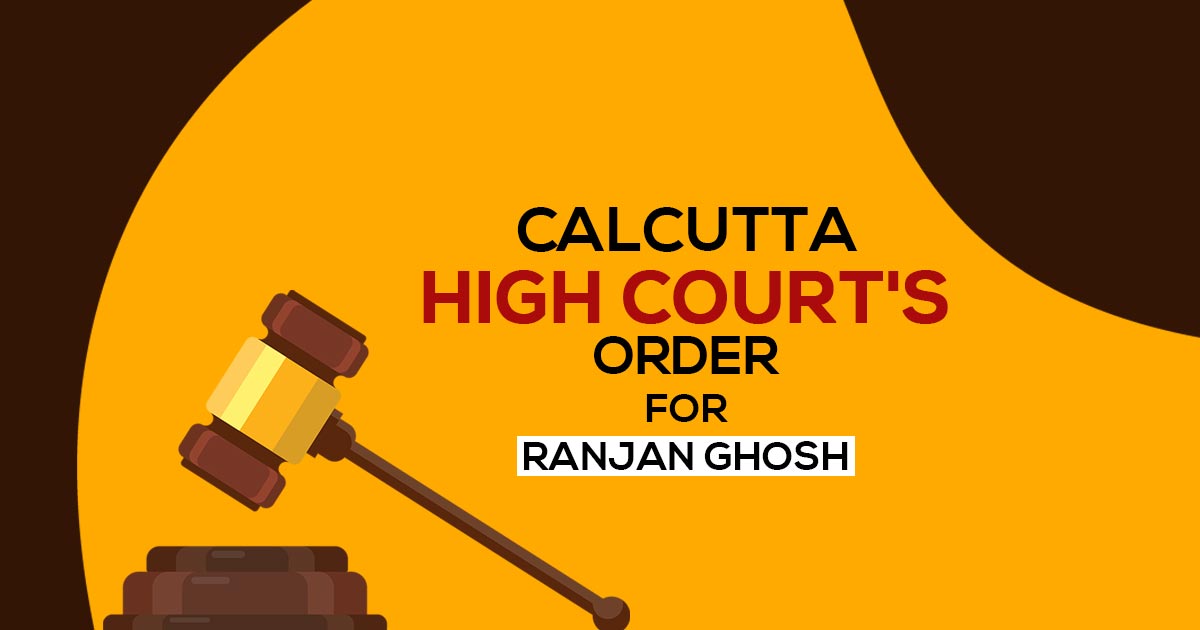
The Calcutta High Court ordered the restoration of GST Registration on the basis of the payment of revenue dues and an agreement to settle revenue arrears.
To restore an invalidated GST Registration, the petitioner, Ranjan Ghosh filed a writ petition under Article 226 of the Indian Constitution.
This writ petition’s primary objective is the termination of the petitioner’s registration due to the non-filing of a return. The petitioner claimed that following the cancellation of the GST registration, it had paid all delayed or remaining taxes and had further committed to pay any outstanding taxes that would have to be paid to restore the registration.
Let’s examine the effects of GST registration cancellations.
- The taxpayer is no longer able to collect or pay GST.
- The taxpayer wouldn’t have to submit a GST return.
- Individual enterprises are obligated to register under the GST. A GST violation with a hefty fine will occur from cancelling the GST registration while the business is still operating.
“The writ petition is prepared by directing the concerned GST authority to restore the petitioner’s GST registration and open the portal for a duration of 15 days from the date to enable the petitioner to make the payment of revenue due, if any, to the respondent authority concerned within the 31 March 2023,” stated by the bench of Justice Md Nizamuddin.
The judgement further held that the relevant respondent authority shall be free to block the site once more and cancel the registration if the petitioner fails to make the payment of revenue owing after the CGST authority has described the amount.